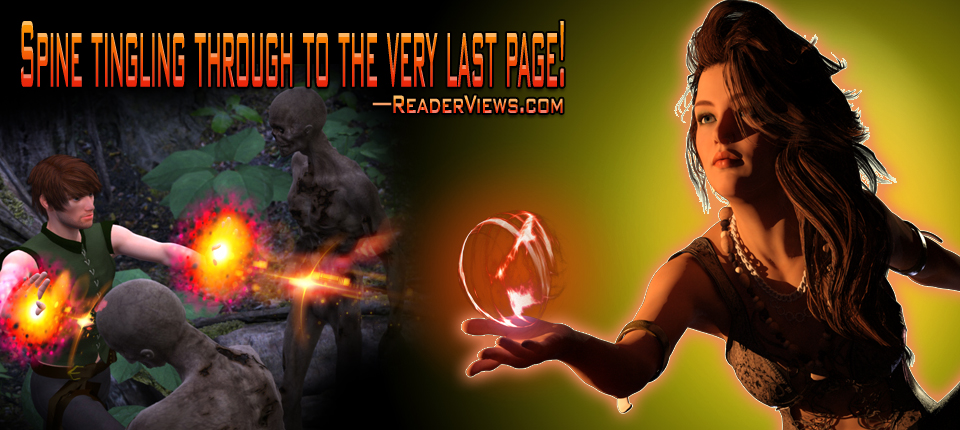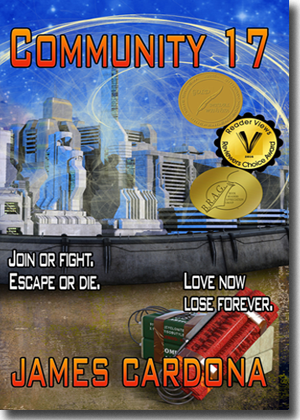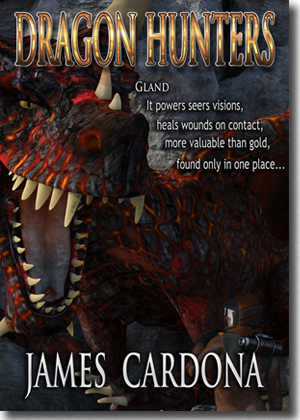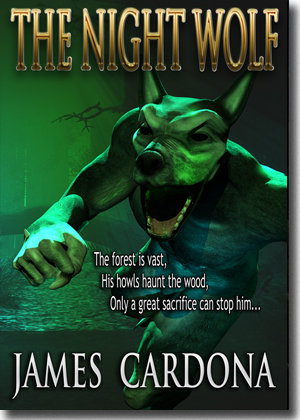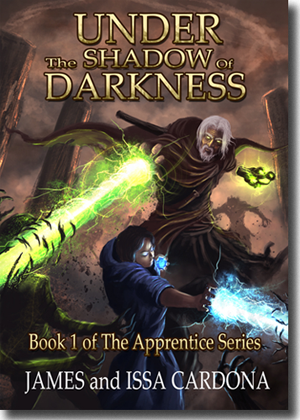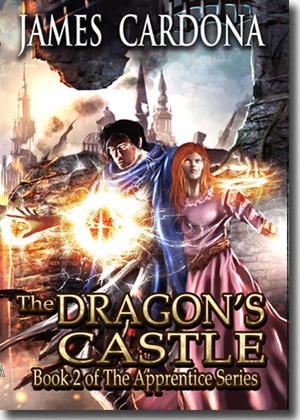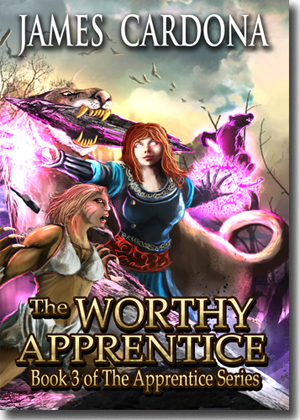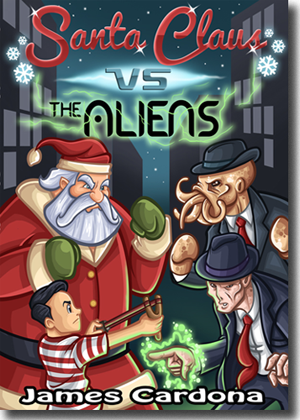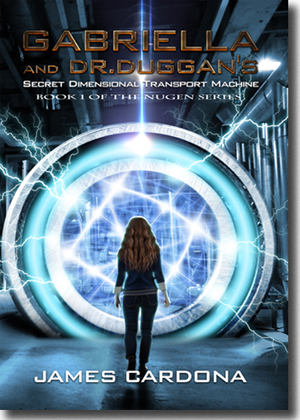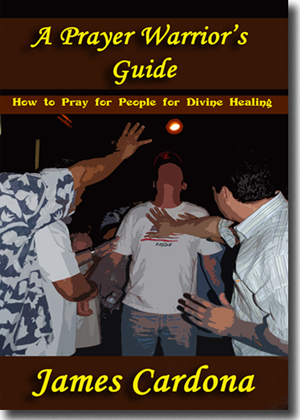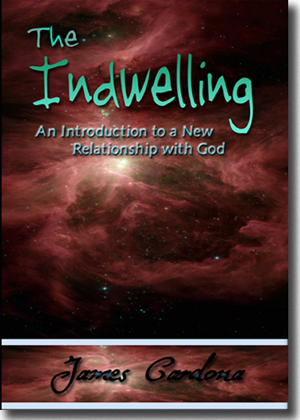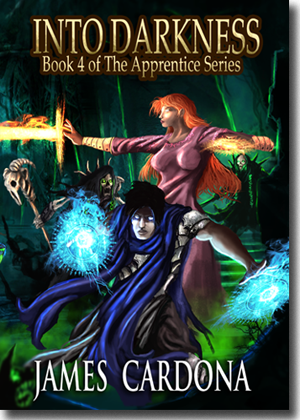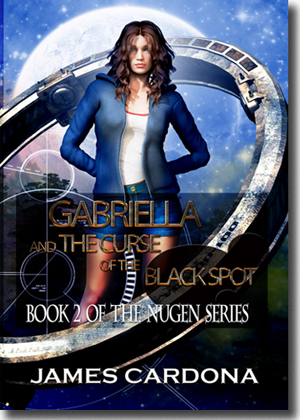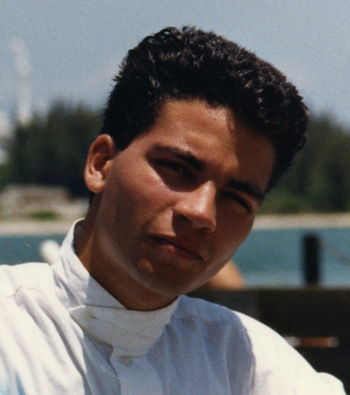 July 28, 2015
July 28, 2015
The Most Dire And Heinous Evil Of The Long Sentence
Someone said—I don't remember whom—that we cannot define a novel, a chapter, or even a paragraph, but a sentence—we know what that is. I find that to be right and true as any definition of a literary object larger than a sentence can be refuted using counter-examples. The variety is so vast that we cannot define what they are exactly. But a sentence—we know what that is.
I am a person who reads novels but loves sentences. I don't know why, but I find myself enraptured by them. A finely crafted sentence is a thing of beauty and such prose can approach the finest poetry. I feel this so much so that some of my favorite books, stories that I read solely for the scrumptious sentences, were, overall, horrible novels. Case in point, the often-debated Great Gatsby. I find the story boring and painful to read, yet the sentences are a thing of beauty. Here are a few:
Her face was sad and lovely with bright things in it, bright eyes and a bright passionate mouth, but there was an excitement in her voice that men who had cared for her found difficult to forget: a singing compulsion, a whispered 'Listen,' a promise that she had done gay, exciting things just a while since and that there were gay, exciting things hovering in the next hour. (F Scott Fitzgerald)
Slenderly, languidly, their hands set lightly on their hips, the two young women preceded us out onto a rosy-colored porch, open toward the sunset, where four candles flickered on the table in the diminished wind. (F Scott Fitzgerald)
Perhaps some unbelievable guest would arrive, a person infinitely rare and to be marveled at, some authentically radiant young girl who with one fresh glance at Gatsby, one moment of magical encounter, would blot out those five years of unwavering devotion. (F Scott Fitzgerald)
There was a ripe mystery about it, a hint of bedrooms upstairs more beautiful and cool than other bedrooms, of gay and radiant activities taking place through its corridors, and of romances that were not musty and laid away already in lavender, but fresh and breathing and redolent of this year's shining motorcars and of dances whose flowers were scarcely withered. (F Scott Fitzgerald)
As an author, I have become a student of the sentence and often jot them down for later dissection and study. I want to know exactly why a certain combination of words strung together elicits such a magical, euphoric response. In my log book you will find many sentences by a variety of well-known and not-so-well-known authors. I was looking it over the other day, searching for inspiration and noticed a dearth—I might even say a plethora—of long sentences.
I have been at times accused of overusing long sentences in my own writing so it is something that I've been aware of and tried to tone down in my last few books. I've had people tell me that "genre readers don't want to read that #@%!" and "leave the long sentences to the literary—no one reads their books anyway."
So this is a topic that greatly interests me and in my anecdotal observations, I find that older books tend to have much longer sentences. That may not be true and I am open to correction on that point, but if true, there must be a reason for this. Is the general education level decreasing? I think so, but I am not sure if this has had an effect on sentence length of genre fiction. I think people are as capable of reading and understanding longer sentences today as they were in the 1900's, only that they are not accustomed to doing it so these longer sentences stick out more.
Basically I think people are unaccustomed to seeing them because contemporary authors are not using them. So why is that? My supposition is that American colleges and universities have been teaching that the terse, brief and to the point sentence is best and that anything containing a few verbal phrases leans toward the flowery. Hemingway = good. Faulkner = bad.
I think this is horrible advice and there are some well respected professors who would side with me. (Brookes Landon, for one).
Here are some great, long sentences I've collected by some names you might recognize. (And yes, Hemingway absolutely wrote long sentences.)
Here's a 142 word banger by my all time favorite author, Ursula K. LeGuin, from her book, A Wizard of Earthsea. This book was made into a movie twice and is quite a well-known gem. And, ahem, this absolutely is a genre book!
So to Ged who had never been down from the heights of the mountain, the Port of Gont was an awesome and marvellous place, the great houses and towers of cut stone and waterfront of piers and docks and basins and moorages, the seaport where half a hundred boats and galleys rocked at quayside or lay hauled up and overturned for repairs or stood out at anchor in the roadstead with furled sails and closed oarports, the sailors shouting in strange dialects and the longshoremen running heavyladen amongst barrels and boxes and coils of rope and stacks of oars, the bearded merchants in furred robes conversing quietly as they picked their way along the slimy stones above the water, the fishermen unloading their catch, coopers pounding and shipmakers hammering and clamsellers singing and shipmasters bellowing, and beyond all the silent, shining bay.
Here's one from the champion of the short, terse sentence, Ernest Hemingway in his 1925 book, Cross Country Snow. It clocks in at 74 words:
George was coming down in the Telemark position, kneeling, one leg forward and bent, the other trailing, his sticks hanging like some insect's thin legs, kicking up puffs of snow, and finally the whole kneeling, trailing figure coming around in a beautiful right curve, crouching the legs shot forward and back, the body leaning out against the swing, the sticks accenting the curve like points of light, all in a wild cloud of snow.
Here's another grand-daddy of a sentence from Hemingway which rolls in at 279 words:
If you could make the yellow flames of candles in the sun; that shines on the steel of bayonets freshly oiled and yellow patent leather belts of those who guard the Host; or hunt in pairs through the scrub oak in the mountains for the ones who fell into the trap at Deva (it was a bad long way to come from the café Rotonde to be garroted in a draftly room with consolation of the church at order of the state, acquitted once and held until the captain general of the Burgos reversed the finding of the court) and in the same town where Loyola got his wound that made him think, the bravest of those who were betrayed that year dove from the balcony onto the paving of the court, head first, because he had sworn they would not kill him; (his mother tried to make him promise not to take his life because she worried most about his soul but he dove well and cleanly with his hands tied while they walked with him praying); if I could make him; make a bishop; make Candido Tiebas and Toron; make clouds come fast in shadows moving over wheat and the small, careful stepping horses; the smell of olive oil; the feel of leather; rope-soled shoes; the loop of twisted garlics; earthen pots; saddle bags carried across the shoulder; wine skins; the pitchforks made of natural wood (the tines were branches); the early morning smells; the cold mountain nights and long hot days of summer, with always the trees and shade under the trees, then you would have a little of Navarra. But it's not in this book.
One last one I'll through in from Mr. E.H. That comes in at 117 words. This sentence is masterful in its effect:
Wilson who was ahead was kneeling shooting, and Macomber, as he fired, unhearing his shot in the roaring of Wilson's gun, saw fragments like slate burst from the huge boss of the horns, and the head jerked, he shot again at the wide nostrils and saw the horns jolt again and fragment fly, and he did not see Wilson now and, aiming carefully, shot again with the buffalo's huge bulk almost on him and his rifle almost level with the on-coming head, nose out, and he could see the little wicked eyes and the head started to lower and he felt a sudden white-hot, blinding flash explode inside his head and that was all he ever felt.
Here is another wonderful sentence from Loren Eiseley from The Firmament of Time:
It is with the coming of man that a vast hole seems to open up in nature, a vast black whirlpool spinning faster and faster, consuming flesh, stones, soil, minerals, sucking down lightning, wrenching power from the atom, until the ancient sounds of nature are drowned in the cacophony of something which is no longer nature, something instead which is loose and knocking at the world's heart, something demonic and no longer planted—escaped it may be—spewed out of nature, contending in a final giant's game against its master.
Another from Joan Didion from The Year of Magical Thinking:
This is my attempt to make sense of the periods that followed, weeks and then months that cut loose any fixed idea I had ever had about death, about illness, about probability and luck, about good fortune and bad, about marriage and children and memory, about grief, about the ways in which people do and do not deal with the fact that life ends, about the shallowness of sanity, about life itself.
While I'm not pretentious enough to compare my own writing against these masters, I thought I might provide a sampling my attempts. I was quite proud of this first one as it was one of the first things I wrote in my very first book, although in retrospect it is not very good:
My hands trembling, carrying another box out to a half-Spanish half-Indian woman, mumbling the shoe size through shaking lips, my pulse pounding, my heart bursting, I stare through the store front window at my father, barking excitedly, pleadingly, fearfully, shaking his arms at the two militant looking young men wearing blue-black suits shimmering in the dark, dull, cold red of the fading sun, sinking low, extinguishing itself, falling into darkness and gloom, as if death draws it down deep.
Oh, I'm cringing right now. With about five years of experience, I find that sentence quite over the top. I tend to write much less long sentences now. My first book contained 207 sentences clocking in at 40 words or more. Some of them were over 100 words long. In my last book of similar length there were only 14 over 40 words long and none longer than 80 words. Here are some others that I actually liked:
I really liked writing this 74 word long sentence in my fantasy book, Under The Shadow Of Darkness:
There was nothing mean or condescending in his dark eyes yet there was something there that made Bel feel small and the rest of the world very large, the world that Bel did not know and had only heard rumor of, something there, in those eyes, that had seen too much, a vast land of power and intrigue, war and pain, love and loss, and it made Bel feel insignificant and very, very tiny.
Here's another at 90 words from the same book:
"I've had about enough of you," Bel said as he flashed his staff full of bright white light, pushing all his anger and frustration into it, the anger at watching people who were good and upright reduced to babbling blood-drinking fiends, the rage at watching children run in terror from their dead parents lest they be drained by them, the disappointment at being picked last and somewhat reluctantly and then his first assignment, a suicide mission; he poured it in, bright white and hot, and the glare shone for miles.
One more:
The sky lit up brightly in hazy greens and blues, shining full of unnatural mage-light and about ten paces away stood a small, frail boy, staring at them, grinning intently, his ragged, dirty and torn clothing the color of a urine-stained sun, a short mage-wood staff in one hand and a blood caked flask hanging from his shoulder, a young child of a man, a boy with only one arm, grinning wildly.
So I guess, I have migrated away from overusing longer sentences in my own writing, although I still very much enjoy reading and writing them. I am unsure exactly why I have changed, but it is certain that the "peer pressure" induced by the mistaken notion that terse is more correct pushed by American Universities has had an influence.
 March 30, 2015
March 30, 2015
Random Musings From The Cave
I can't believe 3 months of 2015 have already slipped away. Here, in Northeast US, we've been fairly shut in with the tremendous amount of snow and bad weather so I've been spending a lot of time in the writing cave.
My tendency in the past has been to publish one book a year, but with all the writing I've been doing it's starting to look like a break-out year. No promises yet, but you may see two or three from me in 2015.
As to progress, I'm cleaning up the final draft of the 2nd in the Apprentice series, The Dragon's Castle. It has tons of romance, adventure, swords and sorcery and is a real page turner. Looks to be falling in the 500 page range.
I've also finished the first draft of the 3rd in the Apprentice series, The Worthy Apprentice. I took this one somewhat in the murder-mystery style, which was a lot of fun for me. Also in this book we see several of the creature-kind characters that can control leopards, cheetahs, cougars, hawks, eagles and the like. I was fairly surprised at how much fun these characters were to pen. I think you're going to fall in love with Felix and Leonna. This book is clocking in at around 350 pages.
I worked on the final chapter in the Apprentice series for most of March, then sat it down because I was getting a little burnt out on it. Still the first 6 chapters are fleshed out. Working title is Into Darkness. If you like epic battles then that book will be fantastic for you becuase this is where it all comes together.
So, like I said, I sat part 4 down to clear my head. I think I was starting to get a little writer's block, so to avoid that, I usually switch to something else for a bit. Hence Community 17.
I had this crazy little idea for a dystopian novella, working title: Community 17. I'd recently read 1984 (for the third or fourth time, I think) and one of the most powerful things about the story for me is not so much Big Brother and how he controls society, but that the protagonist completely changes into what he hates. Very powerful.
I wanted to do something with that whole idea of being psychological manipulated to become the opposite of what you are. So I'm just finishing up this novella today. It's looking like 180 pages and about 40,000 words so it's sitting on the high-end length of a novella and short end of a novel, so I guess you can call it what you will. I think if you liked 1984, Brave New World or any of the great dystopian classics then it will appeal to you.
For those of you who beta-read for me, drop me a line if any of these are of interest. I should definitely have something press ready soon.
